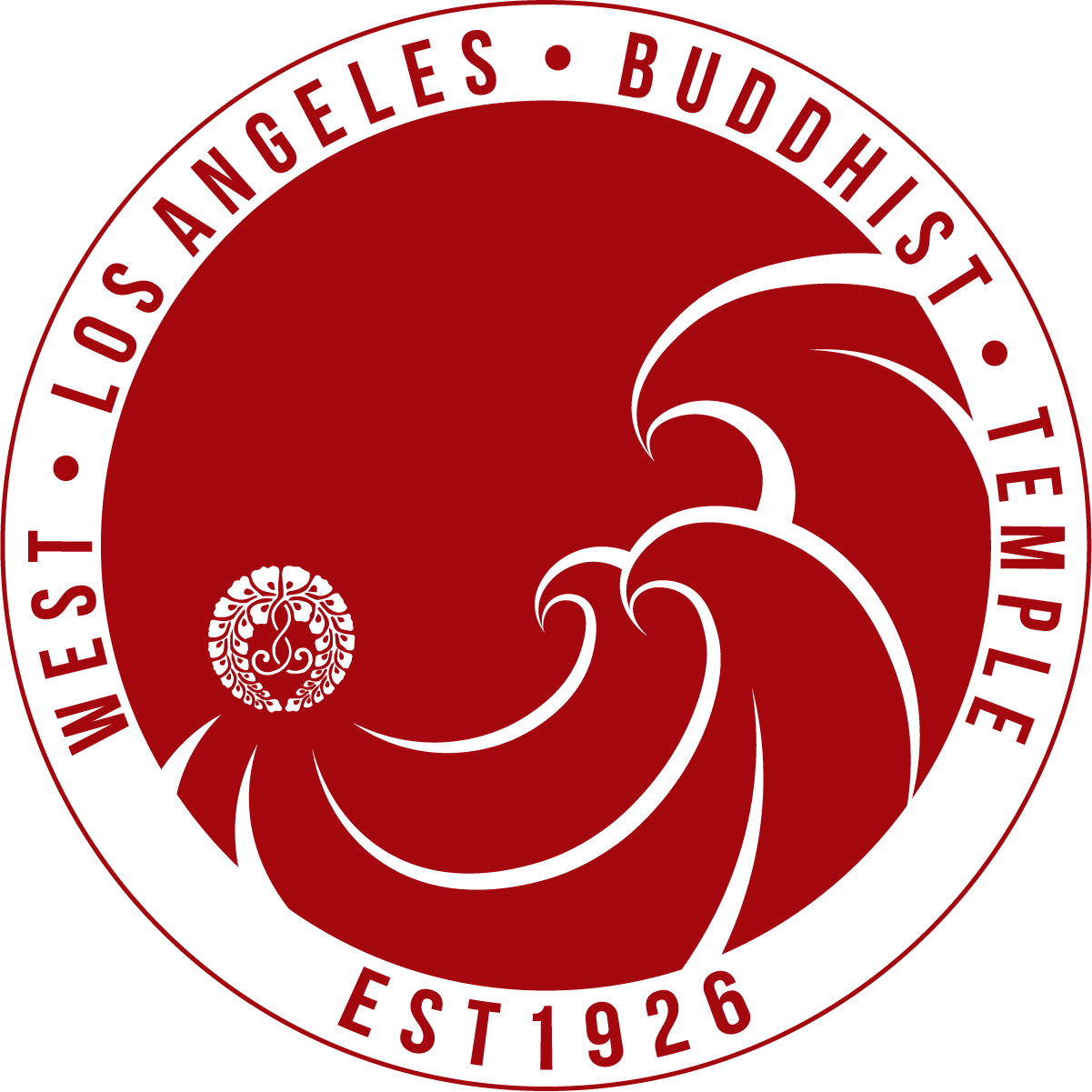Funeral Service
Death is just as natural a phenomenon as birth. Yet, a sudden death may bring about such a state of emergency that family members find themselves in the midst of an emotional crisis. The family may be at a loss as to where to turn or what to do.
In such a crisis, please rely on your minister, your temple, and the funeral director for relief from emotional anxieties. Your minister is trained to offer you spiritual comfort in your hour of grief, your temple leaders and elders are experienced in assisting with funeral arrangements, and the funeral director is a specialist who offers professional services and advice.
The very first thing to do in the event of death in the family is to notify your temple. Then, a minister will come as soon as possible to offer words of comfort and to conduct the Makuragyo Service. Makuragyo (“pillow-sutra”) is a brief service conducted near death in the presence of those assembled at the bedside.
A mortuary must be contacted soon after death for the removal of the deceased. The services of a funeral director with experience in dealing with Buddhist funerals will facilitate matters greatly.
In our temple, a Funeral Arrangement Committee is ready at a moment’s notice to help the deceased’s family with all necessary arrangements for the funeral.
Otsuya (honorific-passing through-night) is observed the night before the funeral. Originally, Otsuya consisted of a series of all-night services conducted by the minister, with the family in attendance. They sat through the night with the body on the eve of the funeral service. This custom was later shortened to a single service on the night before the funeral.
It is common etiquette to acknowledge all acts of kindness, words of sympathy, and personal services received during bereavement and the funeral. The actual method of expression of gratitude, and amount, depend largely on your personal feelings, as well as the practice within the community.

